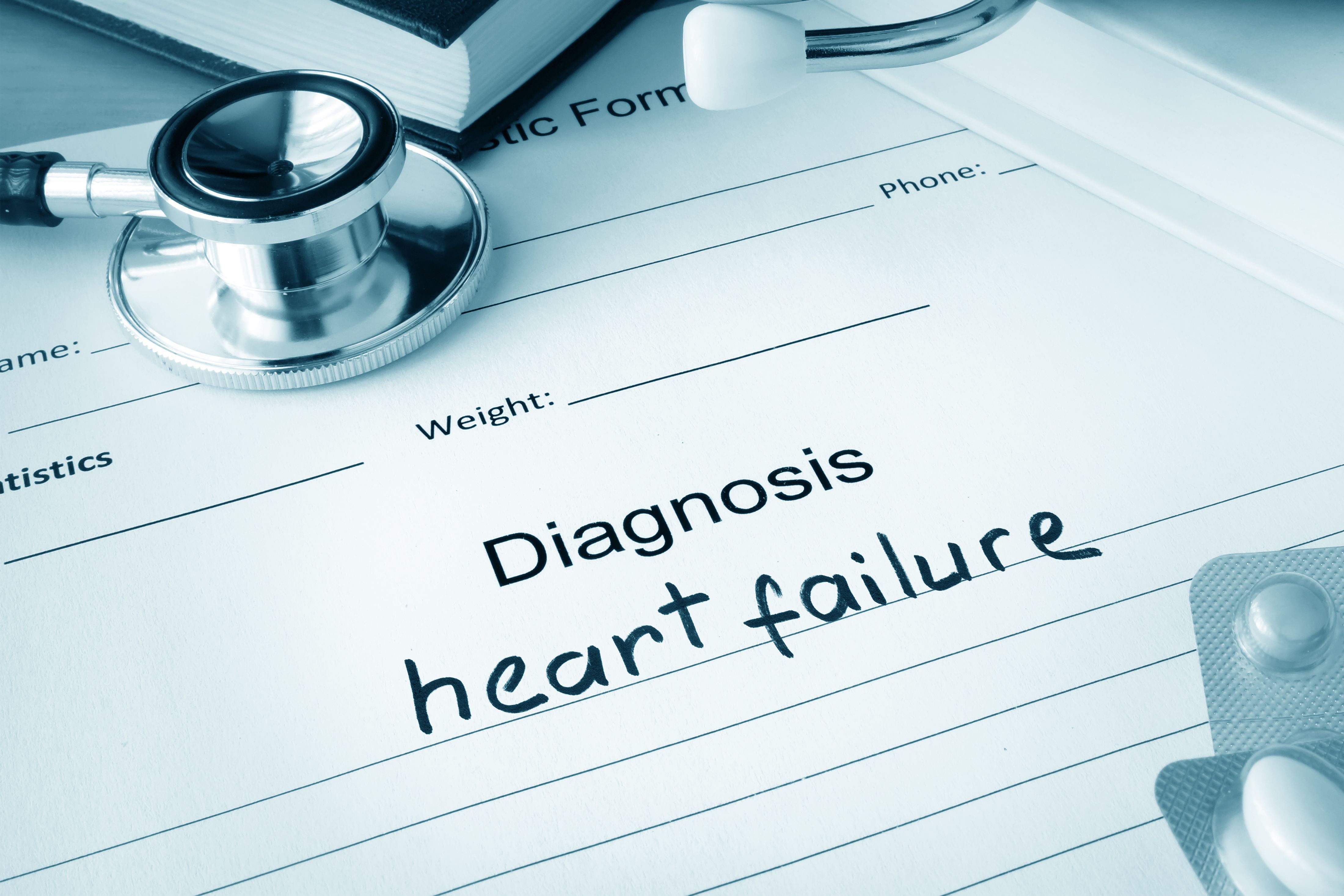Article
Sleep Apnea Doubles the Risk of Drug-Resistant Hypertension
Author(s):
African-American patients with moderate or severe sleep apnea have twice, or 3.5 times, the risk of resistant hypertension, respectively.

Dayna Johnson, PhD
African-Americans with sleep apnea are far more likely to have medication-resistant blood pressure than African-Americans without the sleep disorder, according to a new study. The strong correlation suggests screening for sleep apnea is vitally important and may help explain high rates of hypertension among African-Americans compared to other racial and ethnic groups.
“This study identifies a risk factor for hard-to-control hypertension that until now has gone under-recognized in African-Americans,” said lead author Dayna Johnson, PhD, in a press release. Johnson is an assistant professor in the Department of Epidemiology at Emory University’s Rollins School of Public Health.
Extensive previous research has linked hypertension with sleep apnea. In this study, researchers focused specifically on African-Americans, a group that has a statistically higher risk of both conditions. Three-quarters of African-Americans will develop high blood pressure by age 55, compared with just 55% of white men and 40% of white women. One in 4 African-Americans in the United States have moderate or severe sleep apnea, according to earlier research by Johnson, though most of those patients are not aware they have the condition.
Johnson and colleagues enrolled 664 African-Americans with hypertension in their study, all of whom were participants in the Jackson Heart Study, a massive, NIH-sponsored study that looked at heart disease risk among 5300 African-Americans in Jackson, MS. The patients took home a sleep apnea detection device, and after overnight monitoring were classified as being unaffected by sleep apnea, or as having mild, moderate, or severe sleep apnea. About 1 in 4 patients had either moderate or severe sleep apnea, the researchers found, though 94% of those cases had previously been undiagnosed.
Meanwhile, 48% of the enrollees were found to have hypertension that was not controlled despite taking 1 or 2 medications for high blood pressure. Fourteen percent had what researchers called “resistant” high blood pressure—their blood pressure was high despite taking at least 3 antihypertensive medications.
When researchers compared the sleep apnea figures with the hypertension figures, they found striking correlations.
Patients who had moderate sleep apnea were twice as likely as those without sleep apnea to have resistant high blood pressure. Patients with severe sleep apnea had 3.5 times the rate of resistant hypertension compared to their peers without sleep apnea.
Though a growing body of evidence supports the link between sleep apnea and hypertension, it’s not known exactly what proportion of resistant hypertension cases are caused by sleep apnea, nor did this study address that question. However, the study’s senior author, Susan Redline, MD, of Brigham and Women’s Hospital, said one theory is that sleep apnea causes a person’s blood pressure to rise in the nighttime and then stay high during the day.
Michael Twery, PhD, director of the Center on Sleep Disorders Research at the National Heart, Lung, and Blood Institute (NHLBI) at the National Institutes of Health, said the study makes a strong case for further research.
“This report underscores the need for studies to determine whether screening groups at high risk for sleep apnea, such as African-Americans, would facilitate early medical intervention and reduce the risk or severity of heart disease,” he said.
The NHLBI was the primary funding source for the study.





